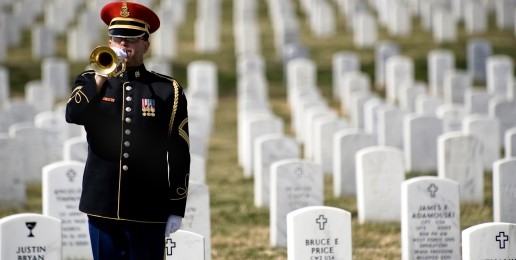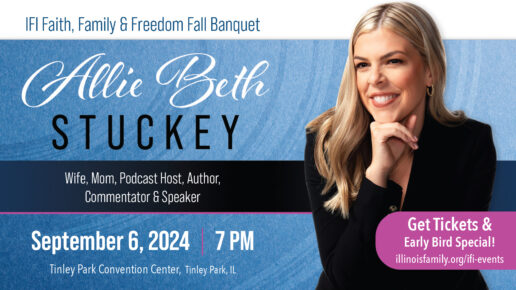
Without exception, the most trying duty of an American President is to send men and women into harm’s way. Even more emotionally devastating is when a Commander-in-Chief must take responsibility for those who paid the ultimate price while defending U.S. policy on foreign soil.
One of the greatest speeches in American history took place on a then-unknown battle field in Pennsylvania. The Gettysburg Address was written by Abraham Lincoln and will go down as perhaps the most eloquent description of the sacrifice made by tens of thousands of men who died on American soil.
Nearly every President in our nation’s great history has had to face this daunting responsibility. During World War II, Franklin D. Roosevelt made some hard decisions about media access to returning war dead. FDR had concerns about the morale of a nation whose sons and daughters were paying the price by the thousands every month in the greatest conflagration the world has ever seen. Harry S. Truman was put through the same psychological trauma during the Korean War. But perhaps the greatest mental anguish was suffered by Lyndon Johnson who was Commander-in-Chief during an unpopular war in Viet Nam where eventually over 58,000 members of the U.S. military came home in flag-draped coffins. What made the Viet Nam experience even more controversial was the fact photographs of America’s fallen heroes were used to advance political agendas. Those who died were Republicans and Democrats, Libertarians and Independents. However, there’s no doubt those who paid the ultimate price were too often used for political agendas not intended to honor their memory.
In 1991, President George H.W. Bush put into effect a policy which restricted the media from having access to American war dead returning from conflicts, including the first Gulf War. At the time, the media did not put up a serious objection to Bush’s decision and subsequently only photographs approved by the Pentagon of flag-draped coffins have been made available to the press.
Much of the liberal media’s attitude changed during the dark days of Operation Iraqi Freedom which in 2003 had the wide support of the American public. But as days turned into months, and months turned into years, and while casualties escalated, there were some who clamored to have access to pictures and video of growing numbers of America’s returning war dead. As the numbers of American casualties grew in Iraq and Afghanistan, there were politicians and members of the mainstream media who wanted to use the gruesome specter of the aftermath of war to advance a particular political agenda.
There are those of us who believe the ultimate sacrifice of American men and women should not be used for political expedience, no matter how popular or unpopular a conflict. It does the families of these brave men and women the greatest dishonor to see their loved ones used as pawns in a game of political one-upsmanship.
Sadly, there are those urged on by the media who do not share these sentiments. Recently, U.S. Senator Frank Lautenberg of New Jersey has floated a proposition that the ban on media access to returning American war dead be lifted. To me, this issue is not a matter of politics. Men and women who put themselves in harm’s way for the sake of their nation do not look to see if their fellow warriors are Republicans or Democrats, liberal or conservative. Catholics and Protestants die together in war. Jews and Mormons share places of hallowed reverence in Arlington Cemetery and other resting sites for those who now tread in holy places. They are “bands of brothers” whose sacrifice deserves more than a sound byte in a thirty-second news segment criticizing or praising the battles which they fought. But my words should carry the least weight in this debate. Perhaps the decision over this matter should be left up to the families whose fathers, mothers, sisters, brothers, uncles, aunts, friends, or loved ones took their last breath on foreign soil.
We live in a democratic republic and the media has the right to report on many things. But there are subjects which transcend the freedom of the press. I believe this issue should always be beyond those who will use it to advance a cause other than to honor of our fallen brethren. Some may differ with my opinion on this issue and they have the right to do so. That’s what makes our country so great. But their reasoning must consist of an argument that I and many others fail to comprehend. There is a well-worn phrase which has become very popular in today’s society: “Is nothing sacred?” Yes, there are things that are sacred. There are lines which should not be crossed. The sanctity, honor, and privacy of those returning to their country for the last time is one of those thresholds which deserves the reverence commensurate with the price that was paid.























